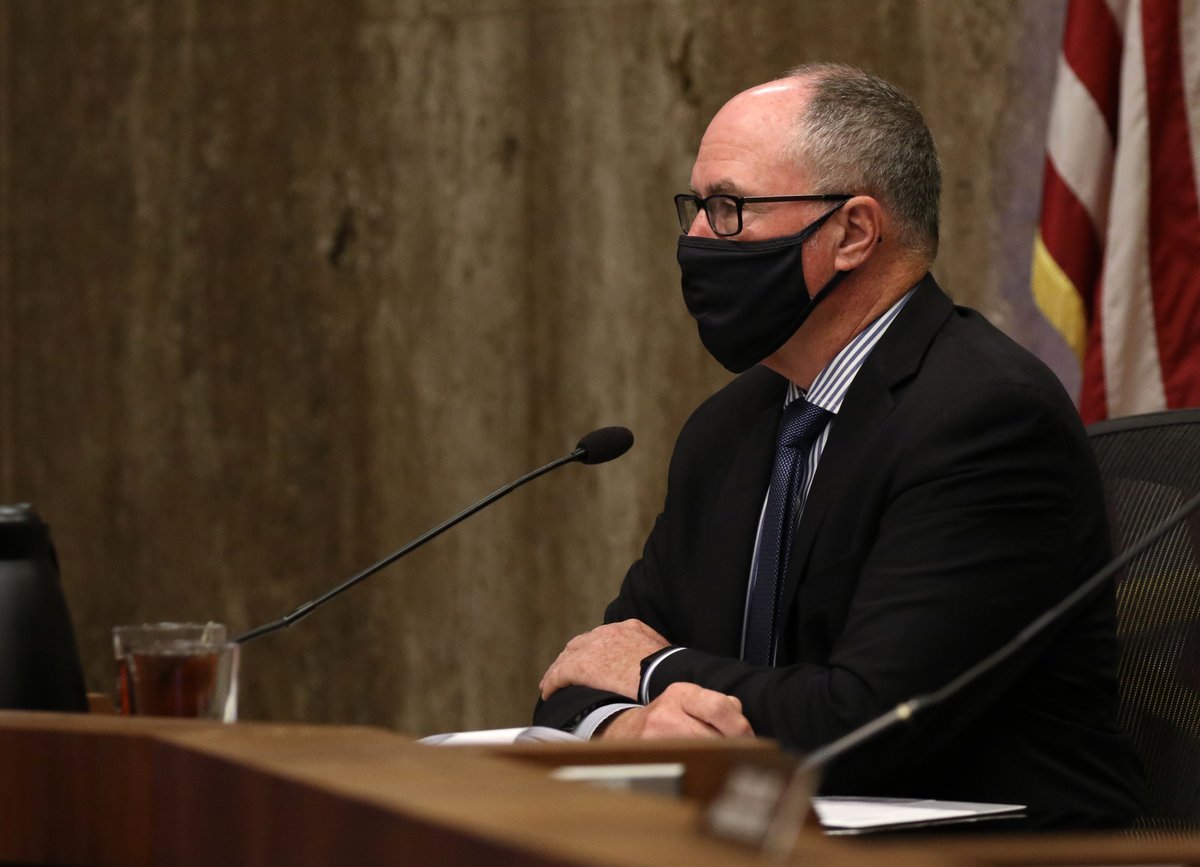Supervisors Pass Resolution: Racism Is a Public Health Crisis
Santa Barbara County Works Toward Racial Equity

The Board of Supervisors passed a resolution Tuesday that declares racism as a public health emergency in Santa Barbara County and illustrates the tangible health effects associated with systemic racism
“Over the past year, more than any other time in my professional life, I have heard from our community members of color about their experiences, concerns, and challenges,” said 2nd District Supervisor Gregg Hart. “I’ve also heard dreams and visions about how our community can be a better place for all of us if racial equity is achieved.”
Hart said in order to advance racial equity, people must first acknowledge a long history of racism in America before addressing the challenges that currently exist. He said the content of the resolution helps to identify the inequities the county must confront directly.
Hart brought the resolution to the board with 1st District Supervisor Das Williams.
“To me it is a gritty fact that being a person of color, especially when combined with being poor, is dangerous for your health,” Williams said. “Twenty percent of the children who have lost a parent to COVID are Black — a number so wildly out of proportion with their share of the population.”
Williams was particularly concerned that early childhood experiences for people of color and poor people can have major health consequences, as large as reducing one’s lifespan by 20 years. He said that as a person who grew up in Santa Barbara with a mixed-race background and lower economic class, he never believed that a public conversation around racism being a health crisis would ever happen.
About a dozen people spoke out at public comment about the resolution — nearly all in support of it. Several speakers were leaders in the community, such as Jina Carvalho, executive director of the Santa Barbara Response Network; Melissa Smith, director of health equity initiatives at UCSB; and Lawanda Lyons-Pruitt, president of the Santa Maria/Lompoc NAACP.
There was one speaker who — despite showing support for the resolution — said it could one step further. Kym Paszkeicz, part of leadership for Showing Up for Racial Justice Santa Barbara, encouraged supervisors to consider that the language of the resolution was vague and lacked actionable items. She also said the measures were limited to just health inequities when racism affects every department, and the county lacks the infrastructure to support the resolution.
One supervisor, 4th District Chair Bob Nelson, disagreed with language in the resolution.
“I’m not denying the inequities or the racism that has occurred in our country,” Nelson said. “It is tragic and I know it does have a ripple effect, but I guess where I’m coming from is I don’t necessarily believe that all these structures are inherently racist.”
Fifth District Supervisor Steve Lavagnino was absent, and the other three remaining supervisors took turns giving examples of structural racism to Nelson, but ultimately Nelson didn’t buy it. He abstained from voting and the three yes votes came from Hart, Williams, and 3rd District Supervisor Joan Hartmann.
Support the Santa Barbara Independent through a long-term or a single contribution.



